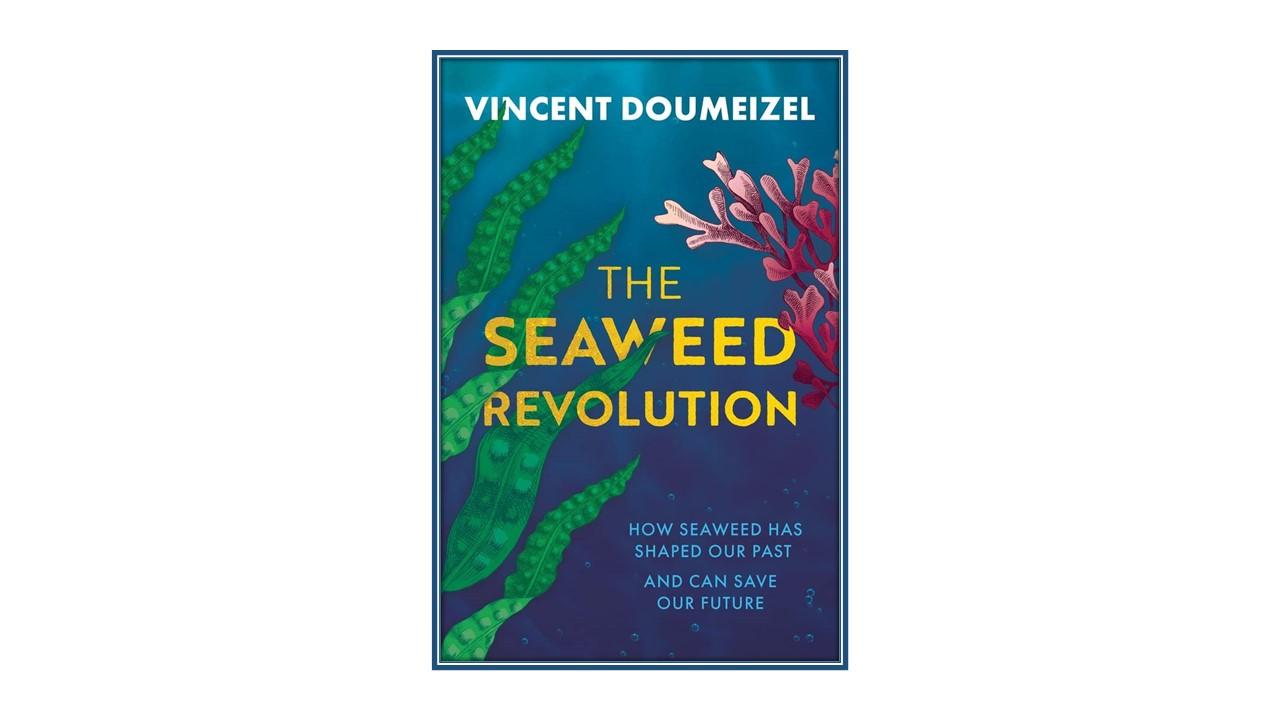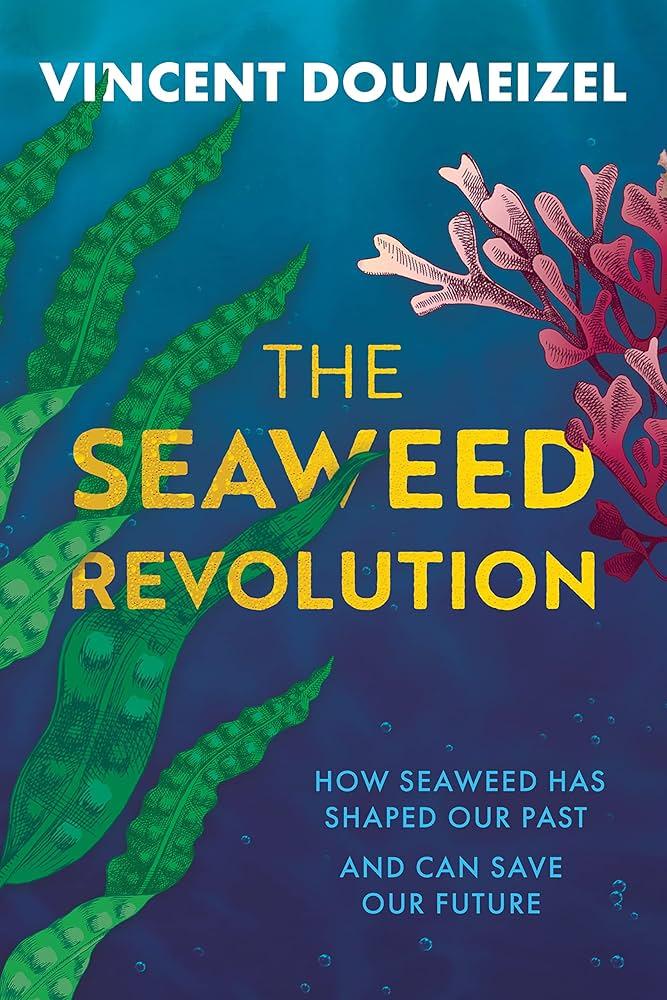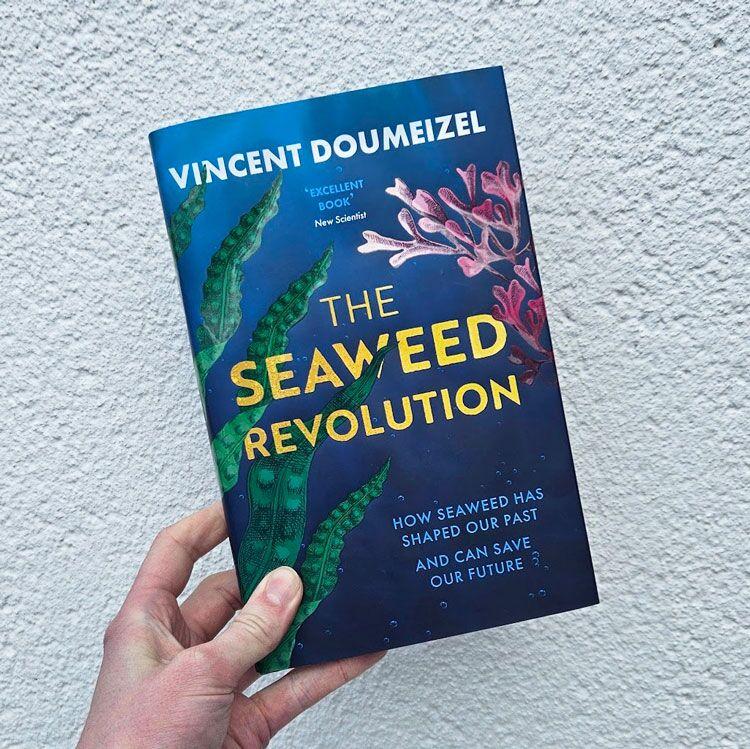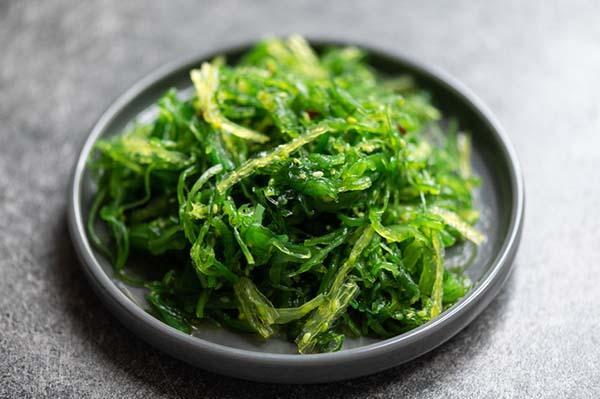The Sustainable Harvest: How Welsh Coastal Communities Are Embracing Seaweed Farming
Welsh coastal communities are diving deep into the potential of seaweed farming, leveraging the rich marine biodiversity along their shores. With a robust history of maritime traditions, these communities are transforming their economies by adopting sustainable practices that not only boost local income but also contribute to environmental conservation. Seaweed is being recognized for its versatility as a food source, its applications in bioplastics, and its role in carbon capture, making it a vital resource for the future. As farmers cultivate various seaweed species, they are fostering a thriving local industry that attracts attention from both consumers and researchers alike.
The benefits of seaweed farming extend beyond economic growth; they also contribute significantly to ecological health. By absorbing excess nutrients and CO2 from the water, seaweed farms help to mitigate the effects of climate change and promote marine biodiversity. Additionally, local organizations are actively engaging communities in educational initiatives about the ecological advantages of seaweed. This grassroots movement encourages practices that are environmentally friendly and locally sourced, which leads to a more resilient food system. As Wales positions itself as a leader in sustainable aquaculture, the ripple effects of this seaweed revolution can be felt not just in local markets, but far beyond the coastline.

Nutritional Powerhouse: The Health Benefits of Seaweed in Modern Diets
In the quest for healthier dietary options, seaweed stands out as an exceptional food source packed with essential nutrients. Rich in vitamins, minerals, and antioxidants, it offers a plethora of health benefits that modern diets can greatly benefit from. This nutrient-dense marine plant is particularly high in:
- Vitamin K: Crucial for bone health and proper blood clotting.
- Iodine: Essential for thyroid function and hormone regulation.
- Omega-3 fatty acids: Important for heart health and cognitive function.
- Fiber: Supports digestive health and helps maintain a healthy gut microbiome.
Additionally, seaweed serves as a powerful anti-inflammatory agent, which can aid in the prevention of chronic diseases. Its unique compounds, such as fucoidan and phycocyanin, are linked to reducing the risk of cancer and supporting immune function. Incorporating this oceanic wonder into daily meals is not only innovative but also aligns with sustainable eating practices, making it an eco-friendly choice. From salads to smoothies, the versatility of seaweed encourages culinary creativity while enriching our plates with vibrant flavors and nutritional benefits.

Innovation and Culinary Trends: Elevating Traditional Dishes with Seaweed
The culinary world is experiencing a renaissance as innovation breathes new life into age-old recipes, and one of the most exciting ingredients leading this charge is seaweed. Once relegated to the backwaters of gastronomy, this marine marvel is now taking center stage in kitchens across Wales. Chefs are creatively incorporating various types of seaweed—such as Nori, Dulse, and Kombu—to elevate traditional dishes, infusing them with unique flavors and nutritional benefits. The savory umami notes found in seaweed not only enhance the taste profile of these meals but also add a depth that modern diners crave.
This shift towards seaweed reflects a broader trend of sustainability and regional sourcing in culinary practices. By embracing locally harvested seaweed, chefs are not only showcasing the bountiful resources of the Welsh coastline but are also promoting environmental responsibility. The benefits include:
- Rich Nutritional Value: Packed with vitamins and minerals, seaweed is a nutrient-dense addition to any dish.
- Diverse Textures: From crispy to chewy, seaweed offers various mouthfeel options that can transform classic dishes.
- Flavor Enhancer: Using seaweed can significantly reduce the need for additional salt and fat while enhancing overall flavor.
As the seaweed revolution continues to take root, expect to see dishes that honor tradition while boldly stepping into the future, rediscovering the flavors of the sea in ways that are both innovative and respectful of cultural heritage.

Policy and Partnership: Supporting the Seaweed Industry for Economic Growth in Wales
As the global demand for sustainable and innovative food sources surges, Wales emerges as a key player in the burgeoning seaweed industry. This is made possible by strategic policies aimed at fostering research and development, while also creating partnerships between local businesses, academic institutions, and governmental bodies. These collaborations are essential in promoting best practices in seaweed harvesting and cultivation, ensuring that the industry grows responsibly and sustainably. Such policies not only support the economic viability of the seaweed sector but also contribute to the broader goals of environmental sustainability and marine conservation.
The investment in the seaweed industry goes hand-in-hand with initiatives that address the unique challenges faced by local communities. Key elements of this support include:
- Access to funding for seaweed farming operations
- Training programs for fishermen and coastal communities
- Research grants for innovative applications of seaweed in food, cosmetics, and biofuels
- Establishing networks that connect producers with markets
- Recognizing seaweed’s potential for carbon sequestration, thereby enhancing its role in climate change mitigation
By leveraging these opportunities, Wales not only enriches its local economy but also positions itself as a leader in the global seaweed revolution, setting a benchmark for sustainable practices that other regions can aspire to emulate.

